But since the invasion...
Poppy crop eradication could even have damaging side-effects for Afghanistan's process of stabilization and reconstruction. Director of policy research for the Senlis Council, Jorrit Kamminga, says:
...the poppy eradication campaign has been ineffective, counterproductive and could well give the Taliban the decisive advantage in their struggle for the hearts and minds of the Afghan people.
Below: Opium output in Afghanistan. NATO invaded in late 2001. Since then it seems opium production is healthier than ever, despite supposed attempts to curb production. It's hard to fight a war on drugs when your superiors are the people shipping them...
 [source of image and red text: http://en.wikipedia.org/wiki/Opium_production_in_Afghanistan]
[source of image and red text: http://en.wikipedia.org/wiki/Opium_production_in_Afghanistan]In other words, the Taliban were shutting down the source of over 90% of the world's opium (therefore heroin). Another ulterior motive to go to war in that place, don't you think?
The 1996 film An Unholy Alliance explores the link between the drug trade and war (and the CIA)...
And they're growing WEED in Afghanistan too apparently. Ha!
It should be noted that I don't see any legitimate way that banning drugs helps us as a society; I suspect the banning of drugs merely serves to give the state and other criminals a monopoly on drug production and trade. I believe using police to try to stop people from producing or consuming substance X is not only immoral, but impossible, and serves as an excuse to get police used to viewing ordinary people minding their own business as the enemy.
If there's a market for drugs, someone will trade in them. I'd rather this was done in the legitimate marketplace, as opposed to the profit going to criminals and criminals in government.



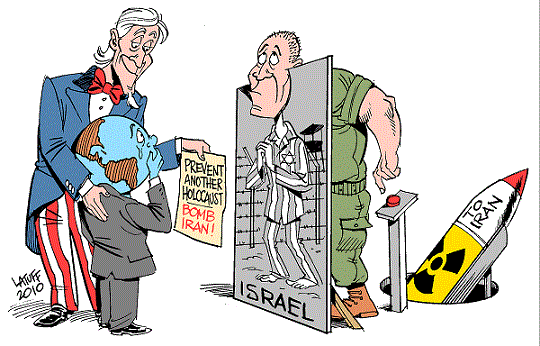














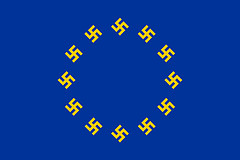

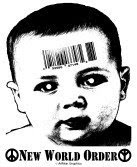




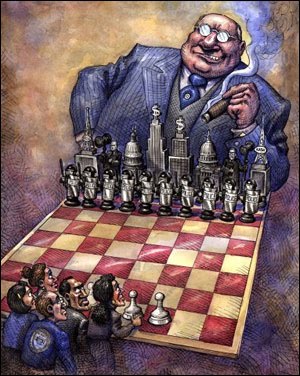









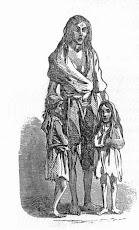
.jpg)



2 comments:
Funding for black ops has to come from somewhere.
The prison industry has to get inmates from somewhere.
Post a Comment